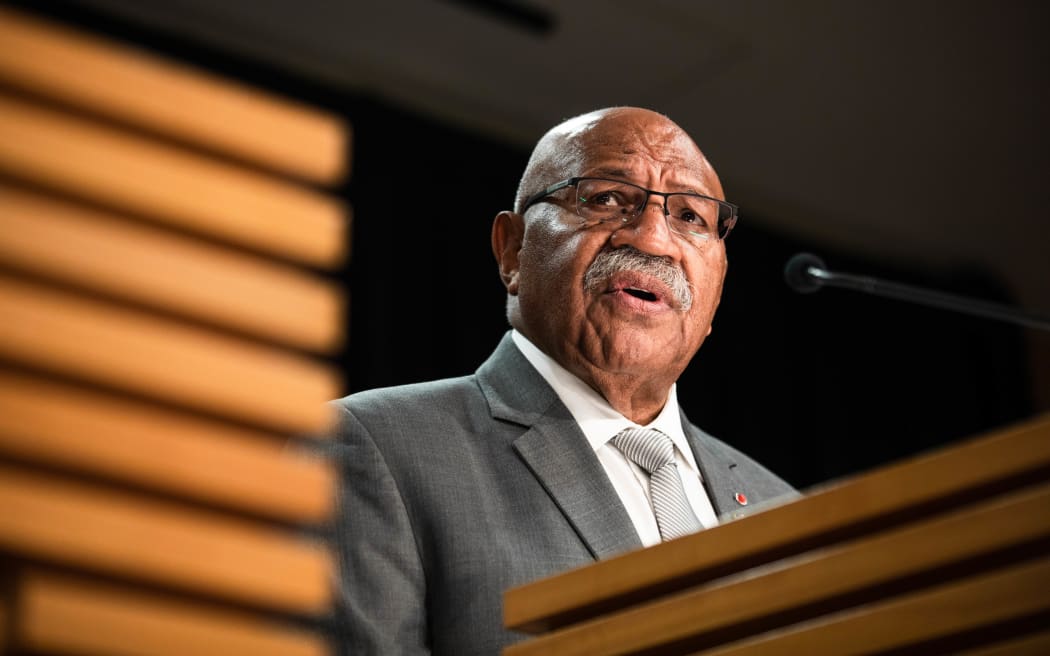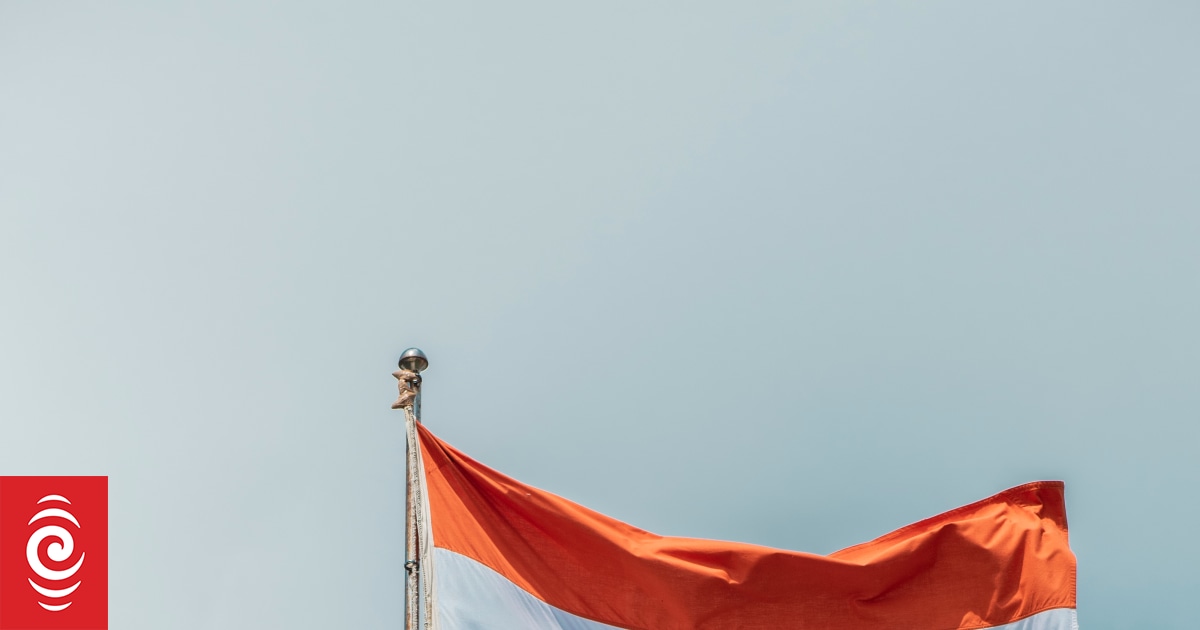Some participants at the conference argued that New Zealand should be able to improve relations with India without abandoning its ties with China.
Photo: Unsplash / Aboodi Vesakaran
Improving relations with India was a recurring theme at the New Zealand Institute of International Affairs annual conference last week.
Speaker after speaker at the Auckland meeting discussed increasing New Zealand’s engagement with India in the areas of security and trade. There have also been calls for more investment in developing a better understanding of the South Asian nation.
“India, the world’s most populous country and the world’s fifth largest economy, is a key player and important partner,” said Foreign Minister Nanaia Mahuta in her keynote speech.
“Building on the significant upswing over the past year, we will grow and invest in our relationship and aim for a precipitous shift to expand the realms of opportunity and collaboration.”
India recently attended a summit with the Pacific Islands, demonstrating its desire to work with the region, Mahuta said.
Fijian Prime Minister Sitiveni Rabuka acknowledged the “increasing military competition between the major powers in the region from which we cannot escape”.

Fijian Prime Minister Sitiveni Rabuka (file photo).
Photo: RNZ / Samuel Rillstone
Australian Institute of International Affairs national executive director Bryce Wakefield said New Zealand was unhappy with the Australia-India-Japan-United States Quadrilateral Security Dialogue, also known as the Quad.
Aotearoa needs to work more closely with the Quad countries, Wakefield said.
His remarks were supported by Marc Abensour, French Ambassador to the Indo-Pacific region, who pointed to India’s importance as a antagonist to emerging China.
“While there are concerns about China’s growing influence in the Indo-Pacific, India is increasingly seen as a counterweight,” Abensour said.
Some participants spoke out against forcing small nations to choose between India and China.
They said New Zealand should be able to improve ties with India without sacrificing its ties with China.
“Ideally, it shouldn’t be China against the rest,” said Manjeet Pardesi, associate professor of international relations at Victoria University, who moderated a panel discussion during the conference.
US Deputy Secretary of State Daniel Kritenbrink, meanwhile, tried to assuage any fears that Washington was trying to contain China by deepening ties with strategic partners.
“It is not our policy to force our partners to vote,” said Kritenbrink.
On the subject of trade, European Union Ambassador Nina Obermaier highlighted the bloc’s ability to protect the interests of its farmers while allowing New Zealand access to its markets.
The primary sector has been a notable sticking point in the ongoing free trade negotiations between India and New Zealand.
“Dairy products were also an obstacle in our negotiations with New Zealand,” said the EU diplomat. “But I’m glad we found the right balance.”
Speaking to RNZ after the conference, Obermaier declined to question why India and New Zealand could not achieve the same outcome, saying: “The answer lies with the authorities of those countries.”
David Capie, Professor of International Relations at Victoria University, said there has been “insufficient investment in resources to develop our own understanding of Asian languages and cultures, including those of India and China”.
“The proposed cuts to universities have exacerbated the problem,” Capie said. “When we don’t have people, we look to others for advice. They will help but may have their own interests at heart.”
MinterEllisonRuddWatts partner Sarah Salmond urged the government to be “cautious and creative” in dealing with India.
“We should consider a tariff cut outside of the Free Trade Agreement (FTA),” she said.
“We should start thinking about what we can offer India in terms of agricultural technology, including sustainable agriculture and biosecurity. Recently, India has made a major push towards renewable energy. We should look for collaborations in this sector.”

“Incurable gamer. Infuriatingly humble coffee specialist. Professional music advocate.”







